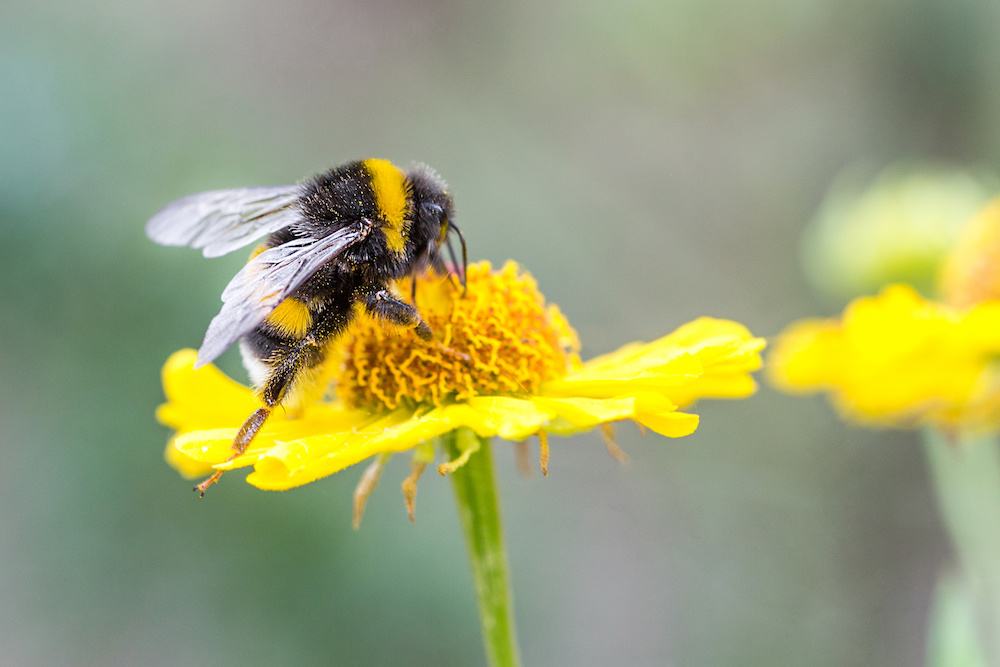British researchers claim that the risk of pesticide-contaminated nectar entering bee colonies is higher than previously expected - because bees are prone to becoming "addicted" to pesticide-laced food. The study compares this to a nicotine addiction in smokers, as the more bees consume pesticides, the more they appear to crave them.
In a series of studies, bumblebees were offered two sugar solutions, one of which was laced with neonicotinoids. Over time, the bees that were exposed to the pesticides increasingly preferred the solutions containing pesticide-flavoured sugar.
In a later test, 10 bumblebee colonies were tracked over 10 days. Each colony had access to its own foraging area in which the researchers had set up sugar-dispensing feeders - some of which were laced with pesticides. “Given a choice, naive bees appear to avoid neonicotinoid-treated food," says Dr. Richard Gill from the Department of Life Sciences at Imperial College London. "However, as individual bees increasingly experience the treated food they develop a preference for it." Interestingly, the nerve receptors that neonicotinoids target in insects that are similar the mammalian receptors targeted by nicotine.
Despite these findings, Dr. Gill added on the prospect of neonicotinoid bans: “Whilst neonicotinoids are controversial, if the effects of replacements on non-target insects are not understood, then I believe it is sensible that we take advantage of current knowledge and further studies to provide guidance for using neonicotinoids more responsibly, rather than necessarily an outright ban.”
Croptracker helps growers manage record their spray applications and chemical inventory to enhance their traceability and help them meet rigorous food safety standards. To find out more, or to learn about any other Croptracker feature, e-mail us at support@croptracker.com or Live Chat with us by clicking the green speech bubble ![]() in your bottom right-hand corner. We're always happy to help you let Croptracker make your farm become more efficient, safe, and profitable!
in your bottom right-hand corner. We're always happy to help you let Croptracker make your farm become more efficient, safe, and profitable!
| Missed Last Week's Blog Post? Subscription Boxes Pose Opportunity For Small Growers |


